PsychNewsDaily Publishers
100 Summit Drive
Burlington, MA, 01803
Telephone: (320) 349-2484
PsychNewsDaily Publishers
100 Summit Drive
Burlington, MA, 01803
Telephone: (320) 349-2484
Medicine has evolved significantly, transitioning from bizarre practices like leech therapy and trepanning to modern science, highlighting past misconceptions about health and healing.
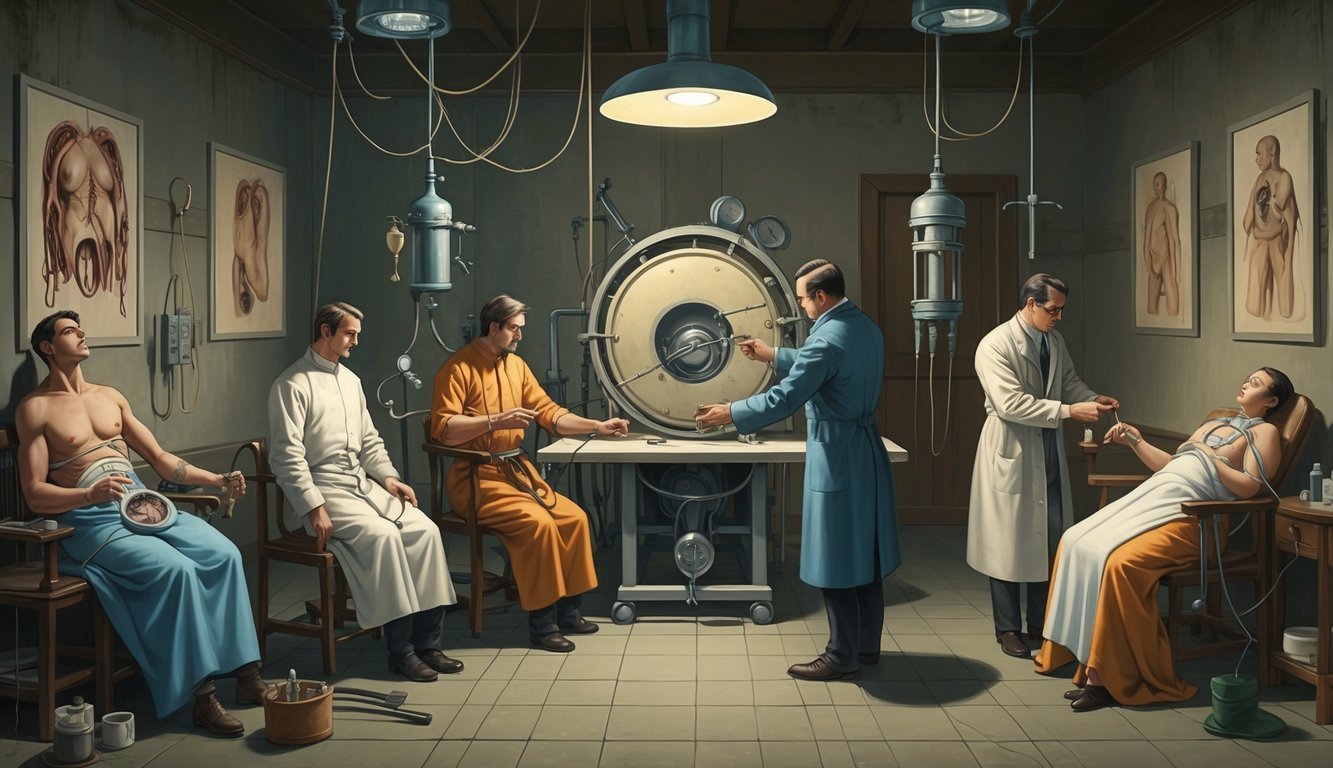
Medicine’s changed a lot, hasn’t it? Ages ago, people tried some truly wild treatments—stuff that sounds completely bonkers now.
A lot of these old practices feel shocking, or honestly, just hard to wrap your head around today. It’s wild to think how different things were before modern science stepped in.
Get ready for some of the most jaw-dropping medical practices from history—you might actually cringe. These weird methods show how people tried to figure out health and healing without all the knowledge we take for granted now.
Let’s jump into medicine’s weird and honestly surprising past!
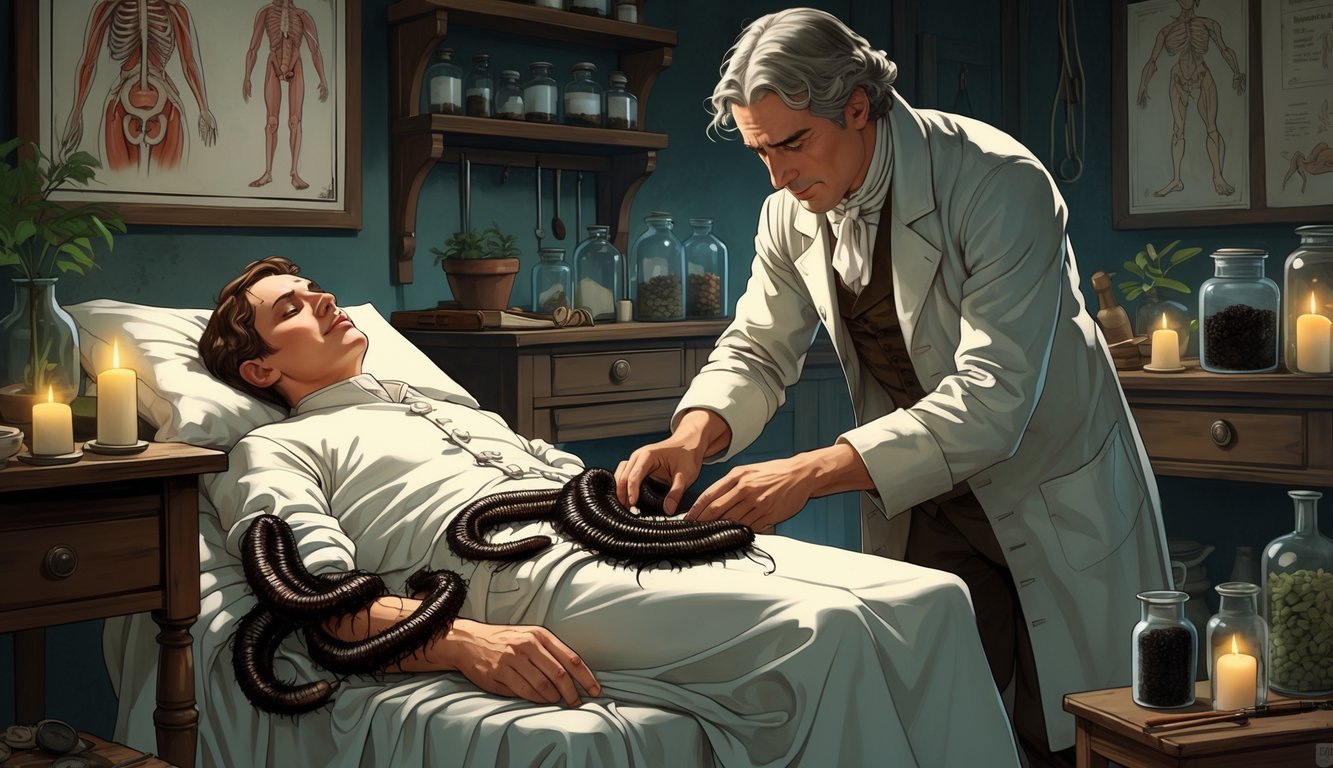
Believe it or not, leeches were once a go-to medical tool. For centuries, doctors grabbed these slippery creatures to suck out what they called “bad blood” from patients.
They thought this helped balance the body’s humors and cure all sorts of illnesses. Leeches would latch onto your skin and slowly draw blood—honestly, it sounds pretty awful.
Compared to slicing veins open, people considered leeching the gentler option. Folks hoped it would help with everything from fevers to headaches.
Even ancient Egyptians and Greeks gave it a try. The leech craze stuck around until the 1800s.
These days, leeches only show up in certain surgeries, like helping wounds heal—not for random bloodletting, thank goodness.
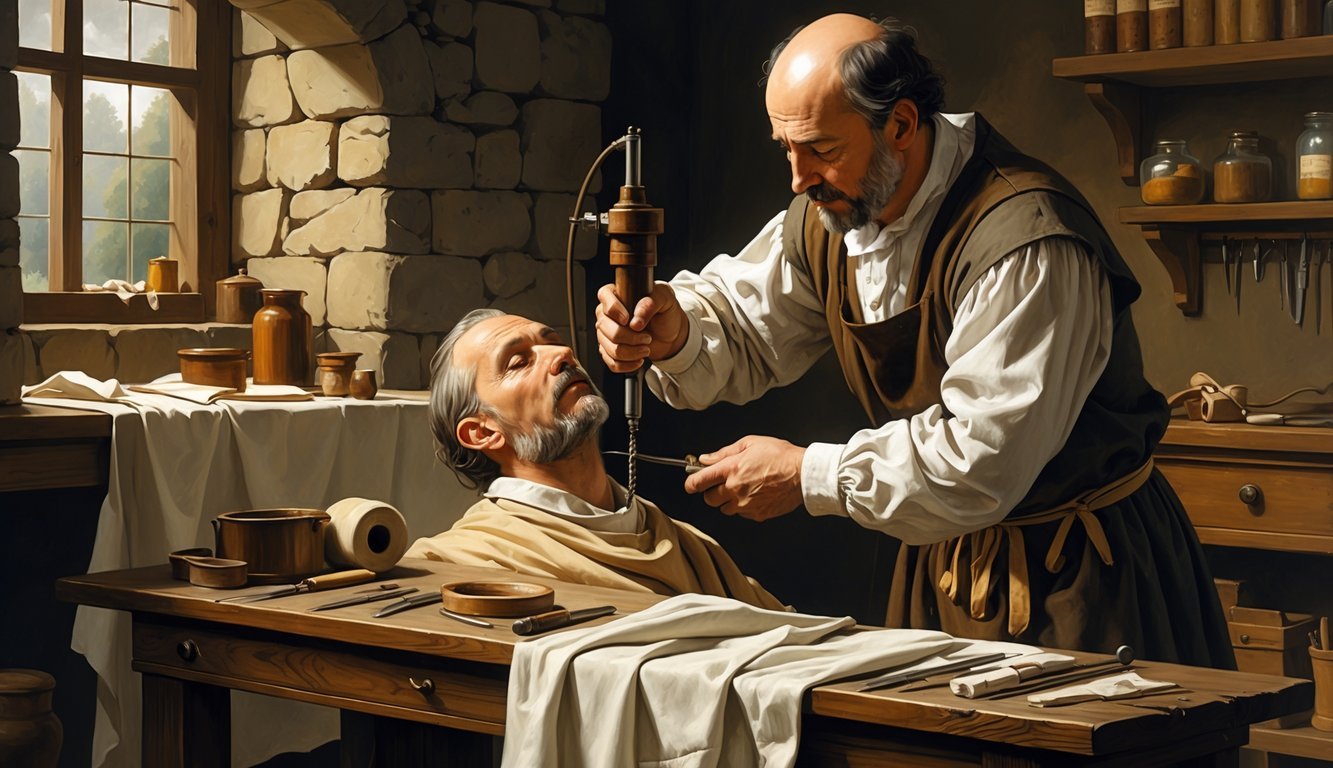
It sounds totally unbelievable, but people once drilled holes right into their skulls! This old practice, called trepanning, goes back thousands of years.
The idea? Let out evil spirits or fix brain problems by making a hole in your head. The tools—well, they were rough and pretty basic compared to what we have now.
Amazingly, some people actually survived this. Doctors now think it sometimes helped with head injuries or mental health issues.
It’s wild to picture, but trepanning shows just how far folks would go to try and heal themselves.
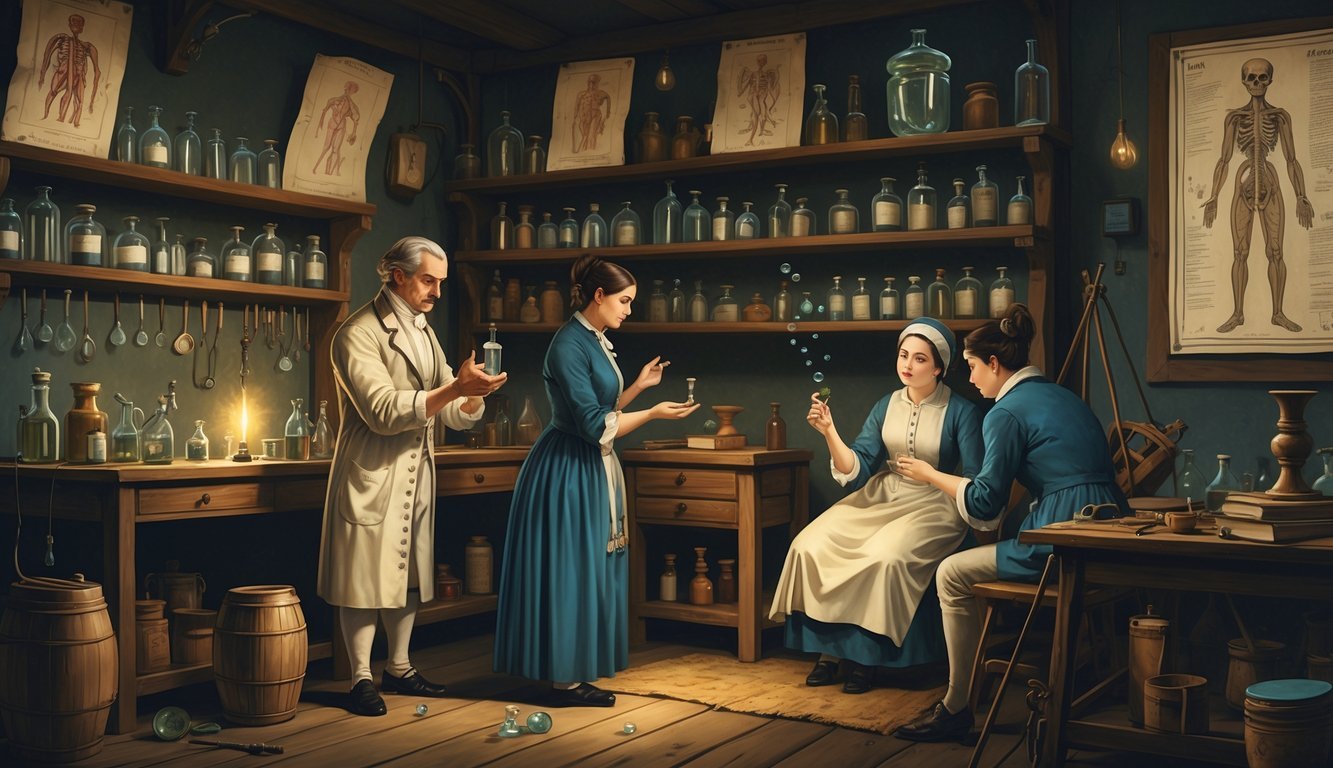
It’s hard to believe, but mercury once got used as a cure for almost anything. People thought it could fix syphilis, constipation, even the flu.
Doctors handed out mercury in all sorts of ways. Sometimes they rubbed it on sores, sometimes they had patients breathe in the vapors.
Others just swallowed mercury compounds, hoping for a miracle. It’s wild, because mercury is actually super poisonous.
Plenty of patients suffered serious harm from it, but for centuries, people still trusted it. Can you imagine using something so toxic as medicine?

Okay, you might think this is a joke, but one of the strangest inventions ever was the cat piano. Back in the 1600s, someone dreamed up a musical instrument that used cats instead of strings.
They put cats in little cages. Each key would poke a cat’s tail, making it yowl—honestly, it’s just cruel.
Some stories claim the cat piano was used to shock people awake or even treat mental illness. There’s no real evidence anyone actually built one, thank goodness.
Still, just the idea shows how bizarre medical and entertainment experiments could get back then.
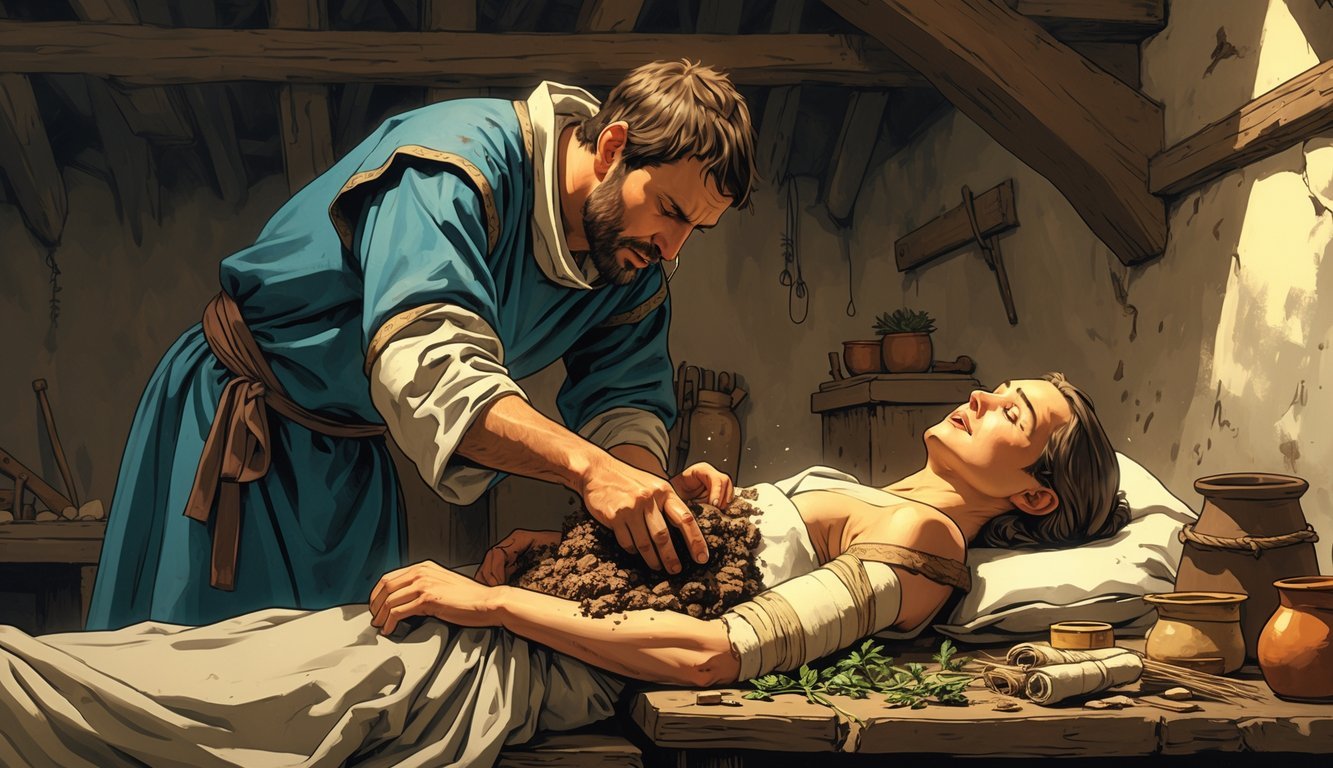
Believe it or not, people used animal dung to treat wounds long ago. In ancient Egypt, healers would mix fly dung with honey and smear it on cuts or infections.
It sounds disgusting, but some dung actually has natural enzymes that fight germs. They tried dung from all sorts of animals—crocodile, donkey, even dog.
People believed these gross mixtures helped wounds heal and kept away evil spirits. It’s hard to imagine trusting something like that now, but they didn’t have better options.
It really shows how much medicine has changed—what was normal once can seem unbelievable today.
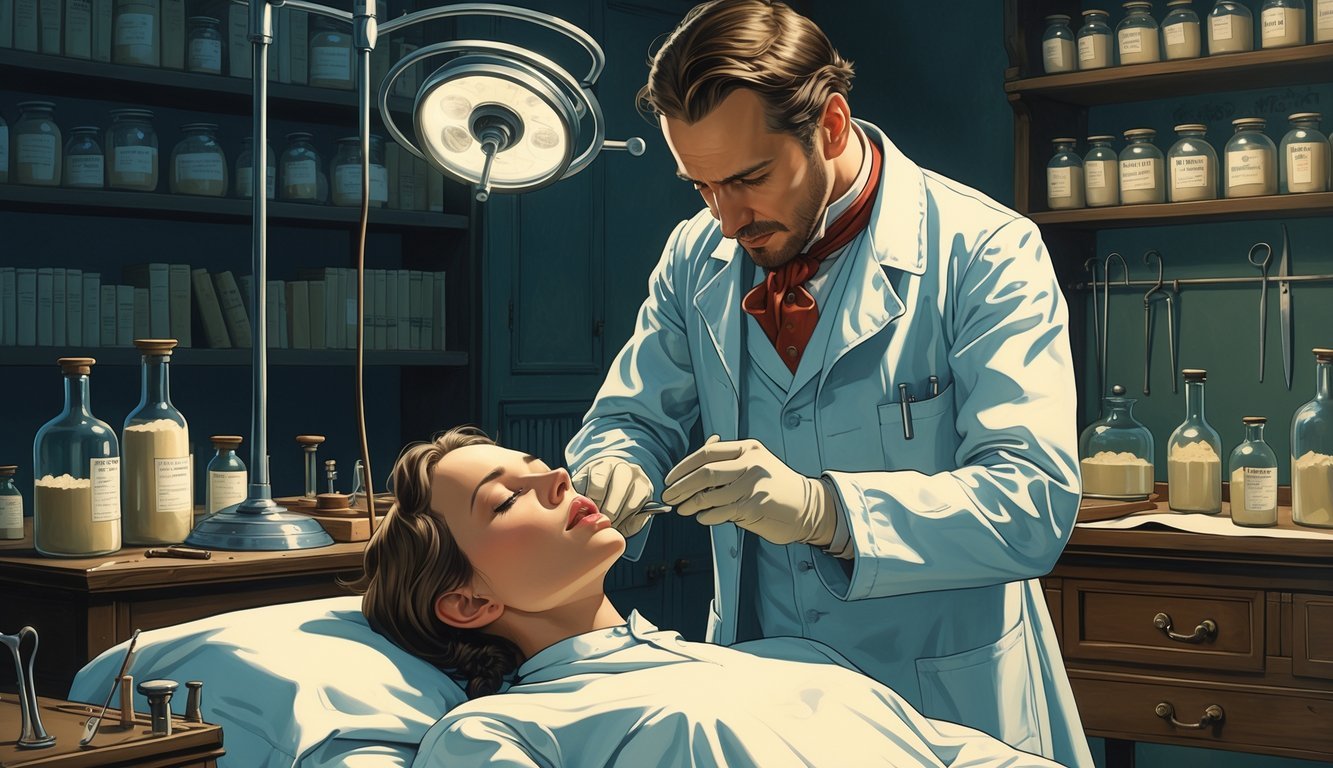
Here’s a shocker: doctors once used cocaine as an anesthetic. In the late 1800s, they turned to it for numbing pain during surgery.
Cocaine could block nerve signals really well, so it changed medicine in a big way. Back then, you didn’t even need a prescription to buy it.
Doctors especially liked it for ear, nose, and throat surgeries—it worked fast and did the job. Some even tried it on themselves to prove it was safe.
Now, cocaine’s tightly controlled. Still, its early use helped pave the way for safer anesthetics. History’s full of surprises, isn’t it?
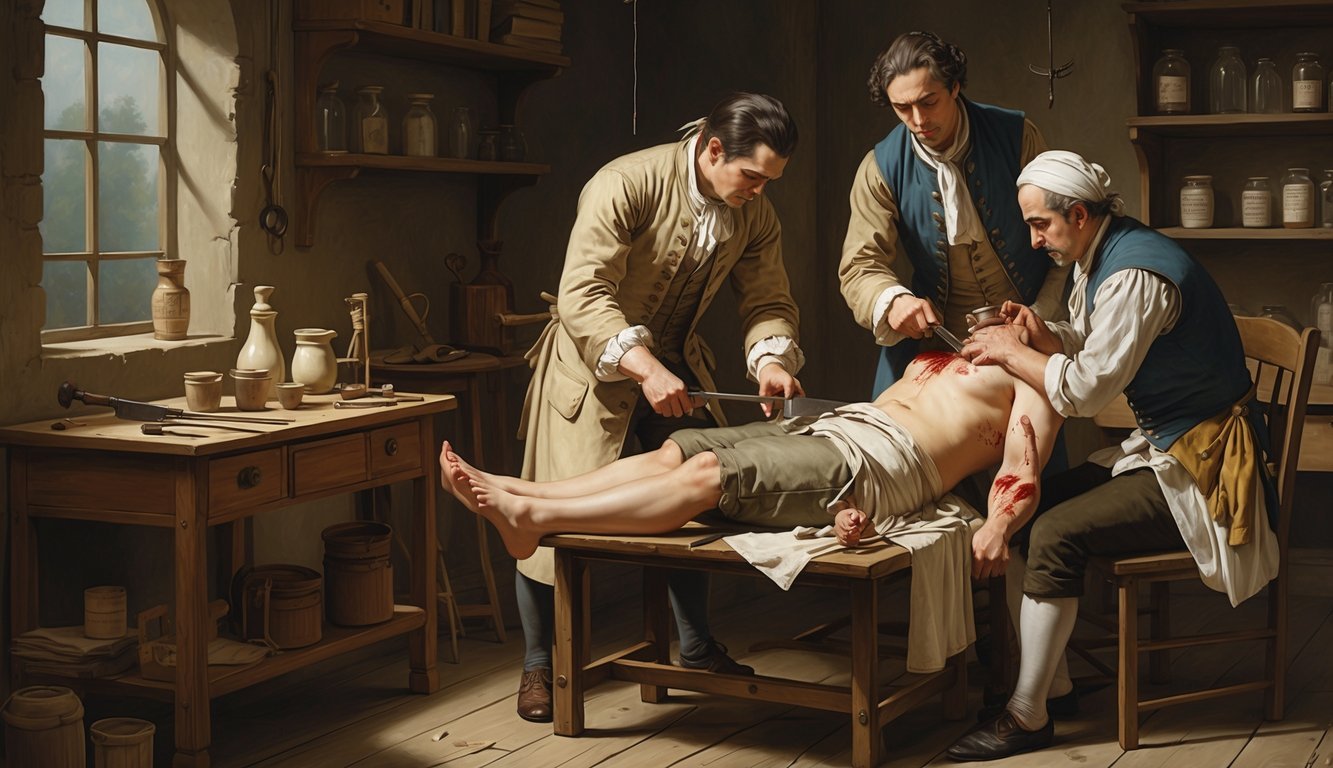
Honestly, it’s wild to think that doctors actually used saws and scalpels for bloodletting. They thought cutting into the skin and letting blood pour out could fix all sorts of illnesses.
Physicians would slice deep or even scrape at the skin just to get the blood flowing. Pretty brutal, right?
This wasn’t a rare thing either—it went on for centuries. The pain must’ve been intense, and the risks? Well, some people bled so much that they didn’t make it.
Still, folks back then put their trust in this method, hoping it would balance their body’s “humors.” It’s hard to imagine sitting there, trying not to flinch, while someone comes at you with sharp tools just to drain your blood.